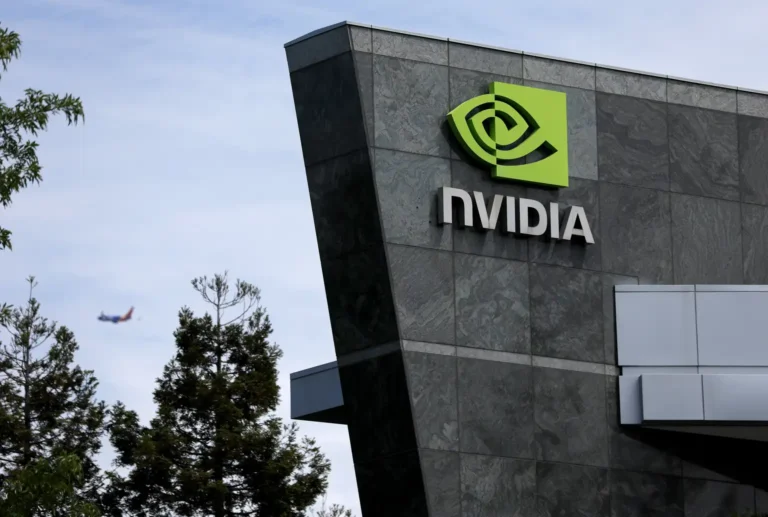Jensen Huang became a tech billionaire in 2017, but it is only in the past few months that his wealth has skyrocketed to extraordinary levels, placing him alongside Michael Dell, Mukesh Ambani, and Elon Musk.
According to recent figures from Bloomberg, the founder and CEO of the chipmaking giant Nvidia is currently ranked as the 13th wealthiest person globally, with an estimated net worth of $111B.
The extraordinary growth is attributed to the performance of Nvidia. Established in 1993, Nvidia produces high-performance graphic processing units (GPUs) that now lead the global market for highly sought-after AI chips.
Recent estimates value Nvidia at $3.1T, with Huang owning a 3.5 percent stake. Goldman Sachs has labelled his company “the most important stock on planet Earth” due to its impact on equity gains this year. Earlier this month, the company’s stock price rose to $135.58, raising its market capitalisation to $3.335T. This valuation briefly surpassed both Microsoft and Apple, making it the most valuable company in the world – a title it has since lost.
The demand for Nvidia’s GPUs suggests continued growth for Huang’s fortune. Nvidia’s GPUs have proven to be ideally suited for the requirements of complex AI algorithms and machine learning. The company’s chips are now considered the gold standard and a key component in generative AI, powering everything from self-driving cars and advanced robotics to medical imaging and drug discovery.
Although AI technology is still in its nascent stages, this has little impact on Jensen Huang’s net worth and his company.
Whether an AI programme displays advanced capabilities like ChatGPT, surpassing humans in financial analysis, or exhibits more unconventional behaviour like Google’s Gemini, instructing users to “glue pizza,” the accuracy and sophistication of the AI’s output are secondary.
For any AI programme to function, the underlying software demands a tremendous amount of processing power. This is where Nvidia excels, and where Huang reaps the benefits.
The chipmaker commands about 88 percent of the GPU market, according to John Peddie Research. Some analysts predict continued growth for Nvidia as industries increasingly integrate AI into their operations.
According to McKinsey, the company’s focus on high-performance computing positions it to capitalise on the growing AI market, which is projected to add trillions of dollars in value to the global economy over the next decade.
Adding to this optimistic outlook, the GPU manufacturer recently launched Blackwell, a more powerful AI chip.
“We will see a lot of Blackwell revenue this year,” Huang stated on X, expecting the chip to be operational in data centres by late this year.
Nvidia’s recent success and profits have exceeded analyst expectations, significantly increasing Huang’s wealth. However, challenges remain. Competition in the AI chip market is intensifying, with companies such as Google and Amazon developing their own specialised processors.
This increased competition has led some experts to believe that Nvidia’s dominance may be unsustainable. In February, Barclays fixed-income analyst Sandeep Gupta expressed concerns about Nvidia’s future prospects, stating that Nvidia’s large market share would be difficult to maintain and questioned how Nvidia’s customers would monetise AI software.


